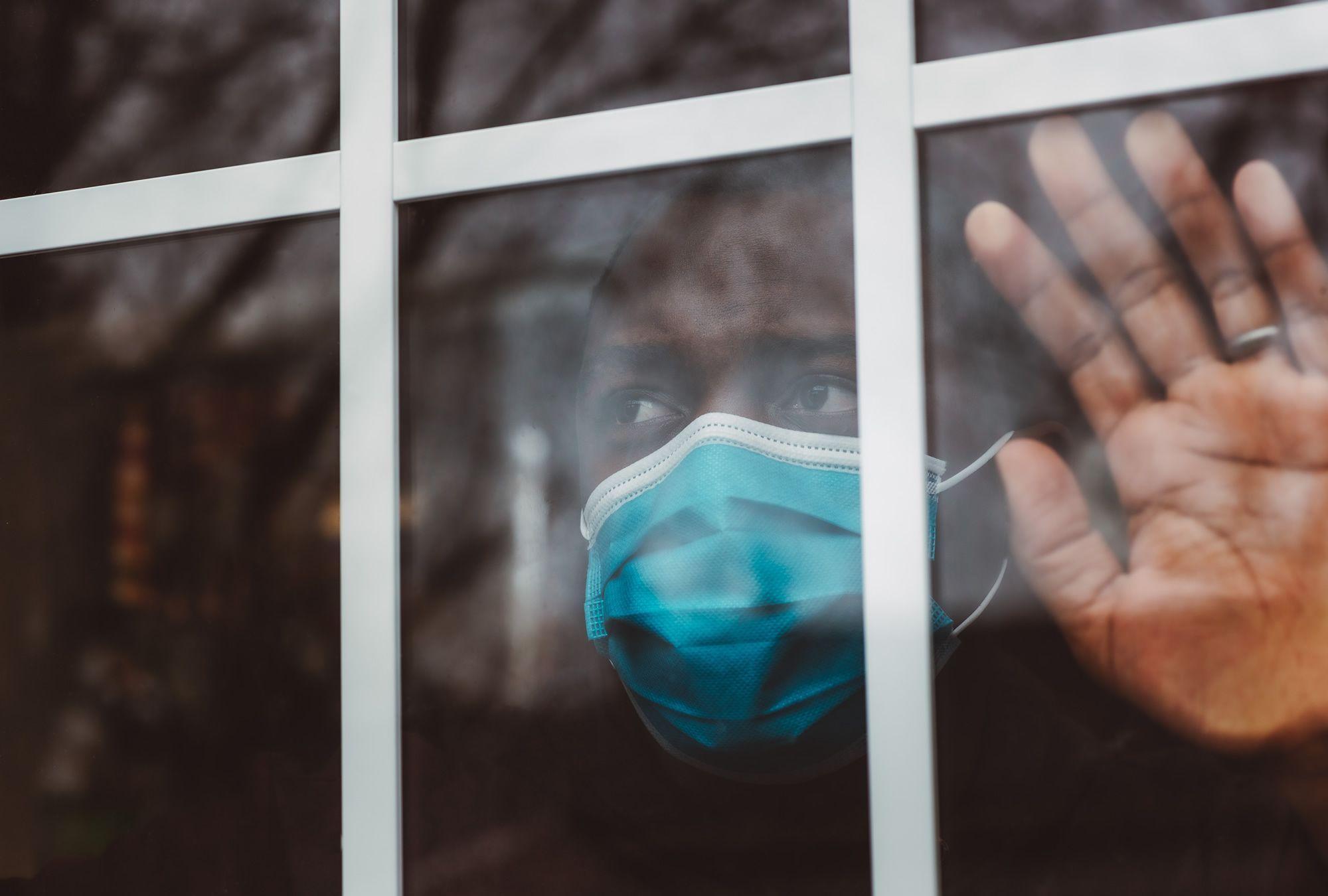This year has brought its fair share of hardship, but with restrictions lifting, the light at the end of the tunnel is finally visible.
Many of us are currently suffering from ‘crisis fatigue’ – that is, fatigue from the constant onslaught of doom and gloom narratives about the pandemic in the media.[1] But for others, the crisis is still a tangible reality that evokes fear and anxiety. It might seem too sudden for some to go completely back to ‘normal’, and it is completely reasonable to feel anxious about this next step. It is important, however, that we make the necessary changes to begin adapting to post-lockdown life.
Various studies have looked at the resilience of individuals, communities, and our country in coping with the stress of the pandemic. Resilience refers to our ability to cope with the normal stress of life as well as being able to bounce back from crises. Resilient communities are those that can withstand times of stress and anxiety and quickly bounce back to their pre-crisis state (or better).
So, what can you do to become more resilient and minimise the effects of anxiety as you begin to find your ‘new normal’?
Coping with Post-Lockdown Anxiety – One step at a time
First and foremost, it is worth bearing in mind the NHS recommendation to set small, manageable targets instead of avoiding the things that make you anxious.
Avoidance can appear to be the easier option in the short term, but avoidance also makes it much harder to face our fears. Rather, ease your way into post-lockdown life one step at a time. For example, book yourself a haircut, meet one person outside for dinner and gradually build up. It can also help to confide in a friend or family member so they can support you to overcome your anxieties.[2]
There are many other ways, however, to cope with the worry or anxiety you may be feeling about the end of lockdown. Below we have listed 4 that will help you on your post-lockdown journey.
1. Maintain a healthy lifestyle

Exercise is a great way to calm down and unwind. It releases endorphins and helps you stay happy and healthy.
Studies indicate that 59% of the adult population found going for a walk helped them cope with stress. Another way to relax is by taking up an enjoyable activity such as a hobby which can also support mental health. In the same studies, 38% of adults reported that engaging in a hobby helped them to cope with the stress of the pandemic.[3]
Maintaining a healthy lifestyle with a balanced diet, enough sleep and exercise was reported to be a valuable support for 39% of the population, with women more likely to identify this as a helpful way of coping at 41%.
Sleep is incredibly important for supporting your mental wellbeing and for dealing with any post-lockdown anxiety you may be feeling. Sleep is a protective factor for mental health. It plays a central role in our learning, emotional regulation, behaviour, and how we interact with others – all of which might help to explain the vital role that sleep plays in our ability to interact and cope with the world around us. Lack of sleep can affect our emotional regulation, and studies suggest that sleep deprivation may limit our ability to manage our responses to negative situations.
In terms of getting an adequate amount of sleep, approximately 16% of adults say that the pandemic has negatively affected their sleep routine. Luckily, however, the proportion of people whose sleep has been negatively affected has dropped from a high of 26% in April 2021 to significantly lower at the present moment.[4]
2. Explore green spaces

Going outdoors has consistently proven to be beneficial for mental health and overall wellbeing.
Spending time in natural environments reduces levels of stress and improves attention fatigue and mood more than built-up environments.
There is strong evidence that living in greener environments is associated with better mental health and general wellbeing, while long-term exposure to green space may protect against anxiety and depression. The mental health foundation found that 50% of adults across the UK had visited green spaces in August as a way of coping with the stress of the pandemic.[5]
3. Connect with others

In one study, when participants were asked about what had helped them to cope during the pandemic, 47% of survey respondents identified connecting with family, while 46% identified connecting with friends. Women were more likely to seek contact with friends and family connections.[6]
If you are not ready to start socialising, but are feeling lonely or anxious, there is plenty of support out there, for example the Let’s Talk Loneliness Campaign.
4. Focus on the present

When our mental health is suffering, it’s easy to feel alone or isolated.
Opening up to a person you trust, a friend, family member or GP can be very helpful. Feeling slightly worried or nervous is normal after such an uncertain time, but by adopting these methods it will hopefully start to calm down. Studies have suggested that out of those who have experienced stress due to the pandemic, 87% are using at least one coping strategy.
The NHS recommend ensuring you get your information on the status of the pandemic from reliable sources, such as the government website, to prevent any misinformed anxiety and encourage individuals to go at their own pace.
Finding your ‘new normal’
We are currently amidst a time of rapid change; it can be easy to get caught up in worrying about the future or the past. Instead, shift your focus to the present.
The easing of lockdown restrictions has brought new challenges and opportunities and feeling anxious is fairly normal. We need to move away from this ‘culture of crisis’ we have created, to ensure a more balanced and sustainable way of living as a society.
Do not let this hold you back; plan some social occasions and settle into a routine. Remember there is no rush to get back to your ‘new normal’.
References
- [1] Matthew Flinders, “Coronavirus and the politics of crisis fatigue”, The Conversation, theconversation.com/coronavirus-and-the-politics-of-crisis-fatigue-134702.
- [2] NHS, “11 tips to cope with anxiety about coming out of lockdown”, www.nhs.uk/every-mind-matters/coronavirus/tips-to-cope-with-anxiety-lockdown-lifting/.
- [3] Matthew Flinders, “Coronavirus and the politics of crisis fatigue” (see above).
- [4] NHS, “11 tips to cope with anxiety about coming out of lockdown” (see above).
- [5] Mental Heath Foundation, “From lockdown to relaxation of covid rules: tips on looking after your mental health”, www.mentalhealth.org.uk/coronavirus/looking-after-your-mental-health-we-come-out-lockdown.
- [6] Flinders, “Coronavirus and the politics of crisis fatigue” (see above).











very interesting. good advice
helpful article to share